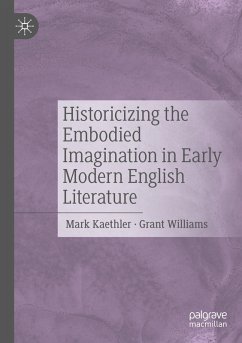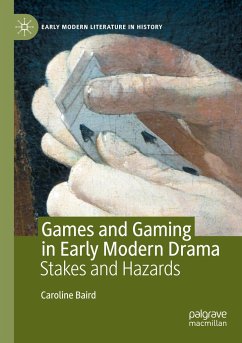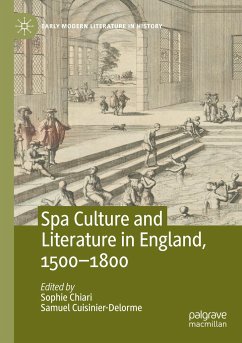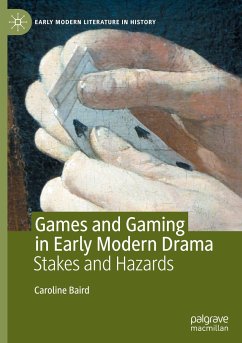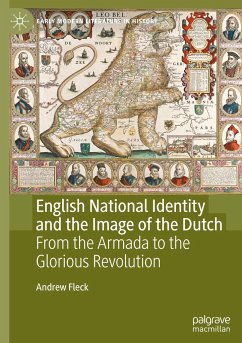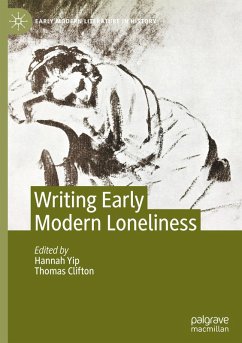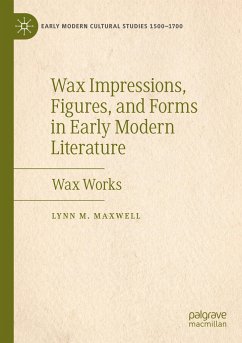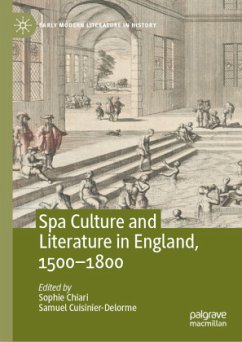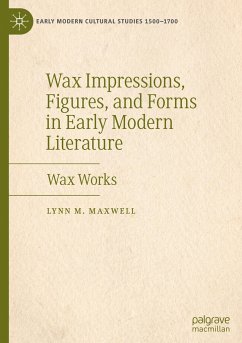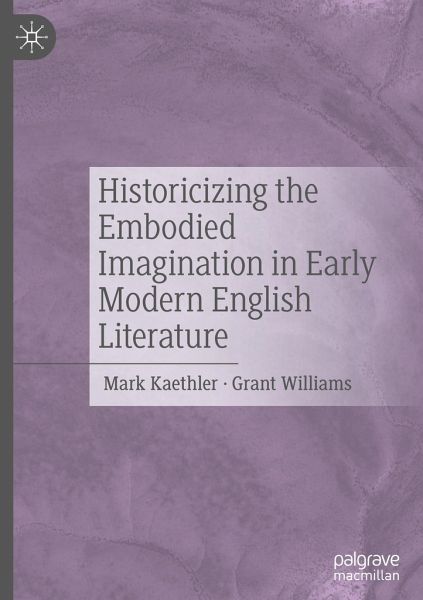
Historicizing the Embodied Imagination in Early Modern English Literature

PAYBACK Punkte
57 °P sammeln!
Commonly used as a rallying cry for general approaches to literary studies, the imagination has until recently been overwritten with romantic and modernist inflections that impede our understanding of literature's intimate involvement in early modern cognition. To recover the pre-Cartesian imagination, this collection of essays takes a historicist approach by situating literary texts within the embodied and ensouled faculty system. Image-making and fantasizing were not autonomous activities but belonged to a greater cognitive ecosystem, which the volume's four sections reflect: "The Visual Ima...
Commonly used as a rallying cry for general approaches to literary studies, the imagination has until recently been overwritten with romantic and modernist inflections that impede our understanding of literature's intimate involvement in early modern cognition. To recover the pre-Cartesian imagination, this collection of essays takes a historicist approach by situating literary texts within the embodied and ensouled faculty system. Image-making and fantasizing were not autonomous activities but belonged to a greater cognitive ecosystem, which the volume's four sections reflect: "The Visual Imagination," "Sensory and Affective Imaginings," "Artifice and the Mnemonic Imagination," and "Higher Imaginings." Together they accentuate the imagination's interdependency and friction with other faculties. Ultimately, the volume's attention to the embodied imagination gives scholars new perspectives on literary and image production in the writings of Spenser, Shakespeare, Donne, and their contemporaries.





